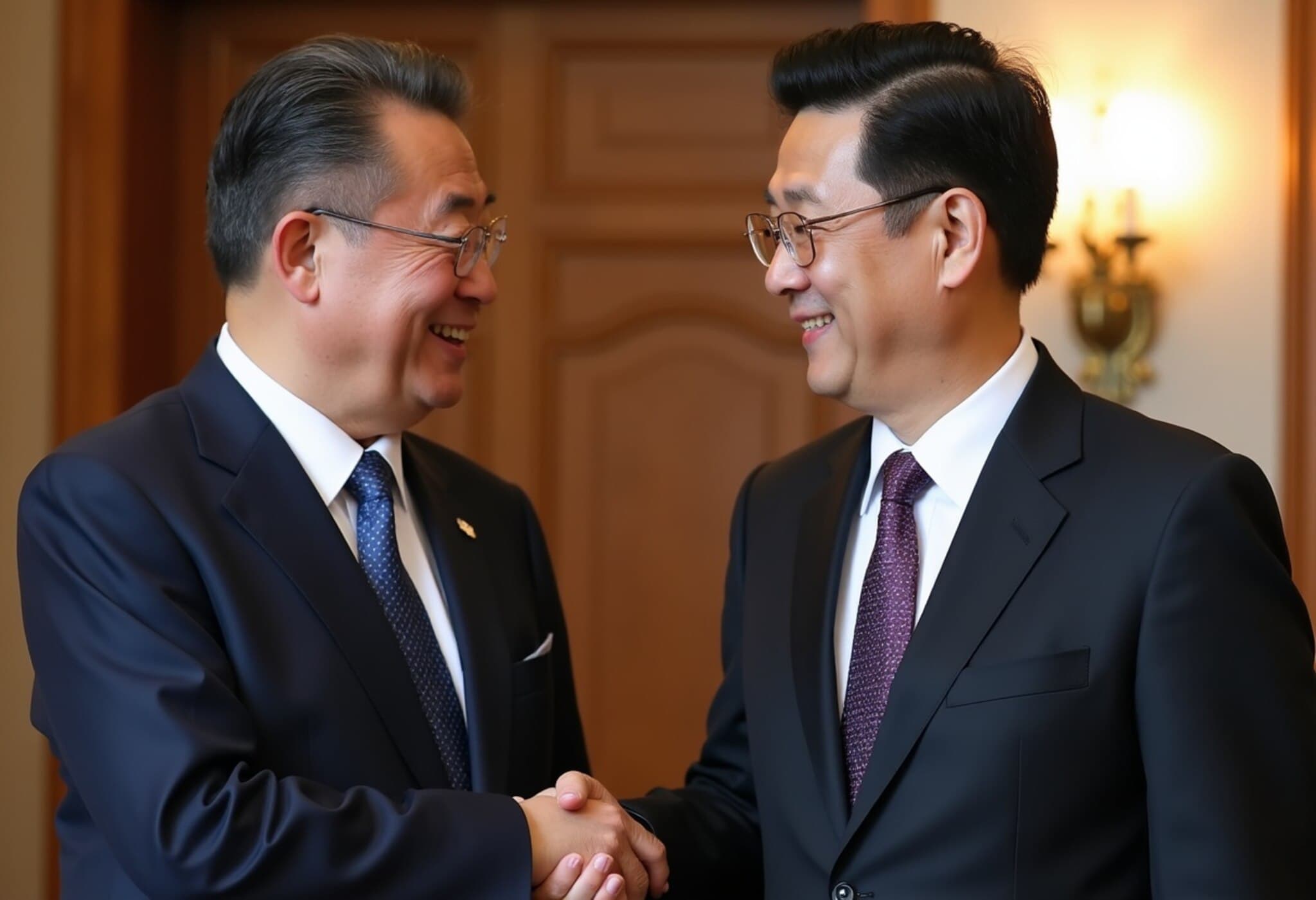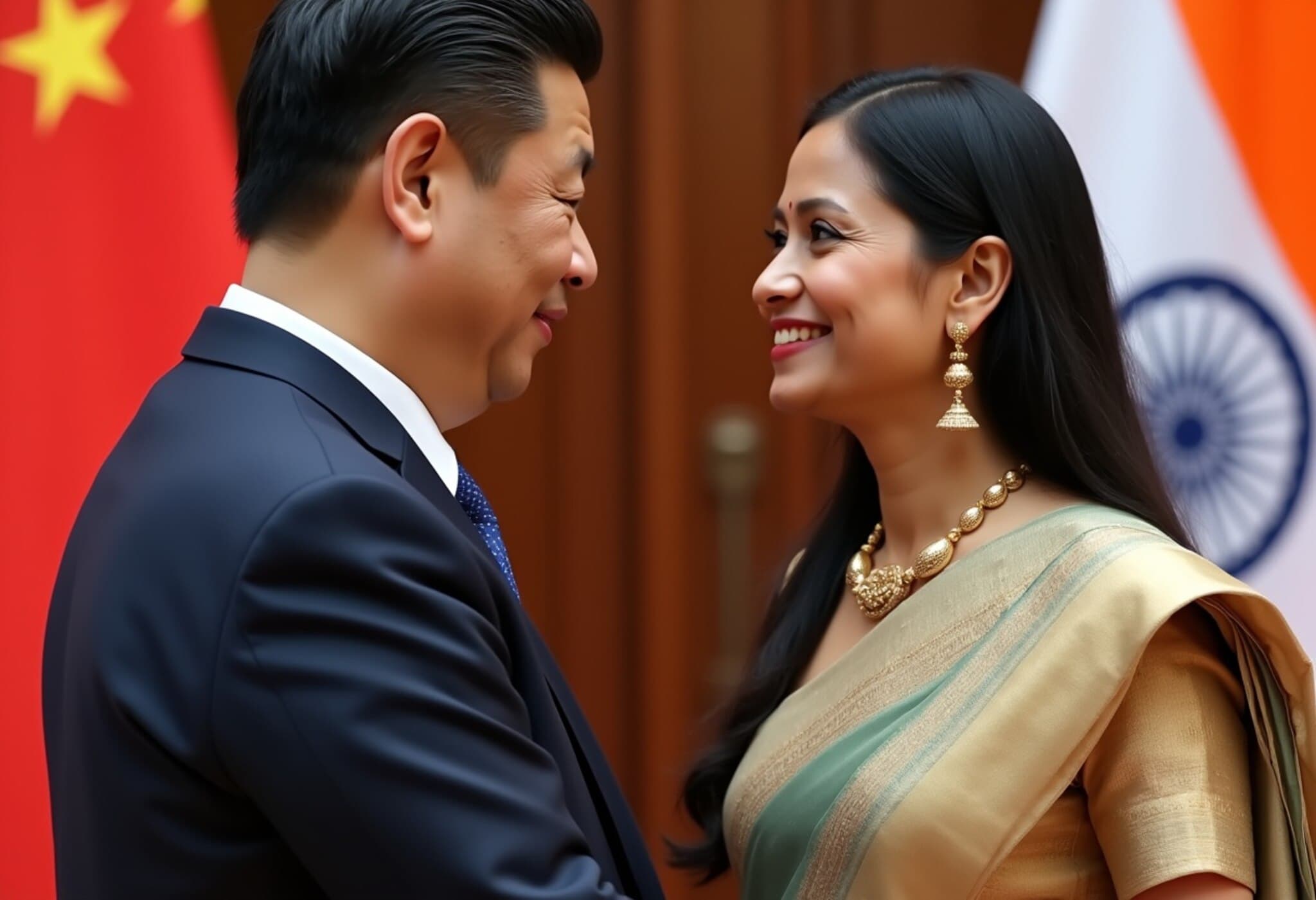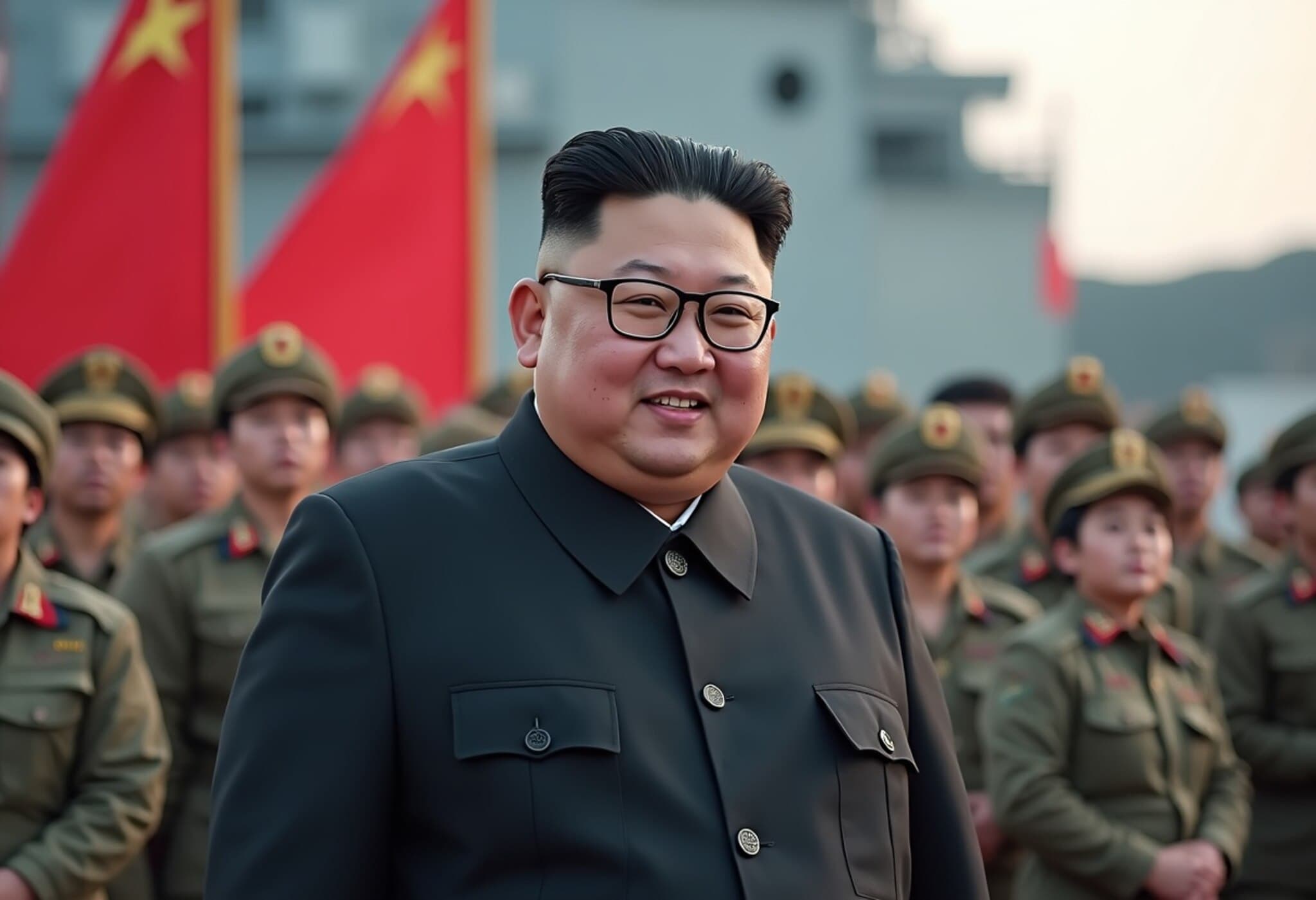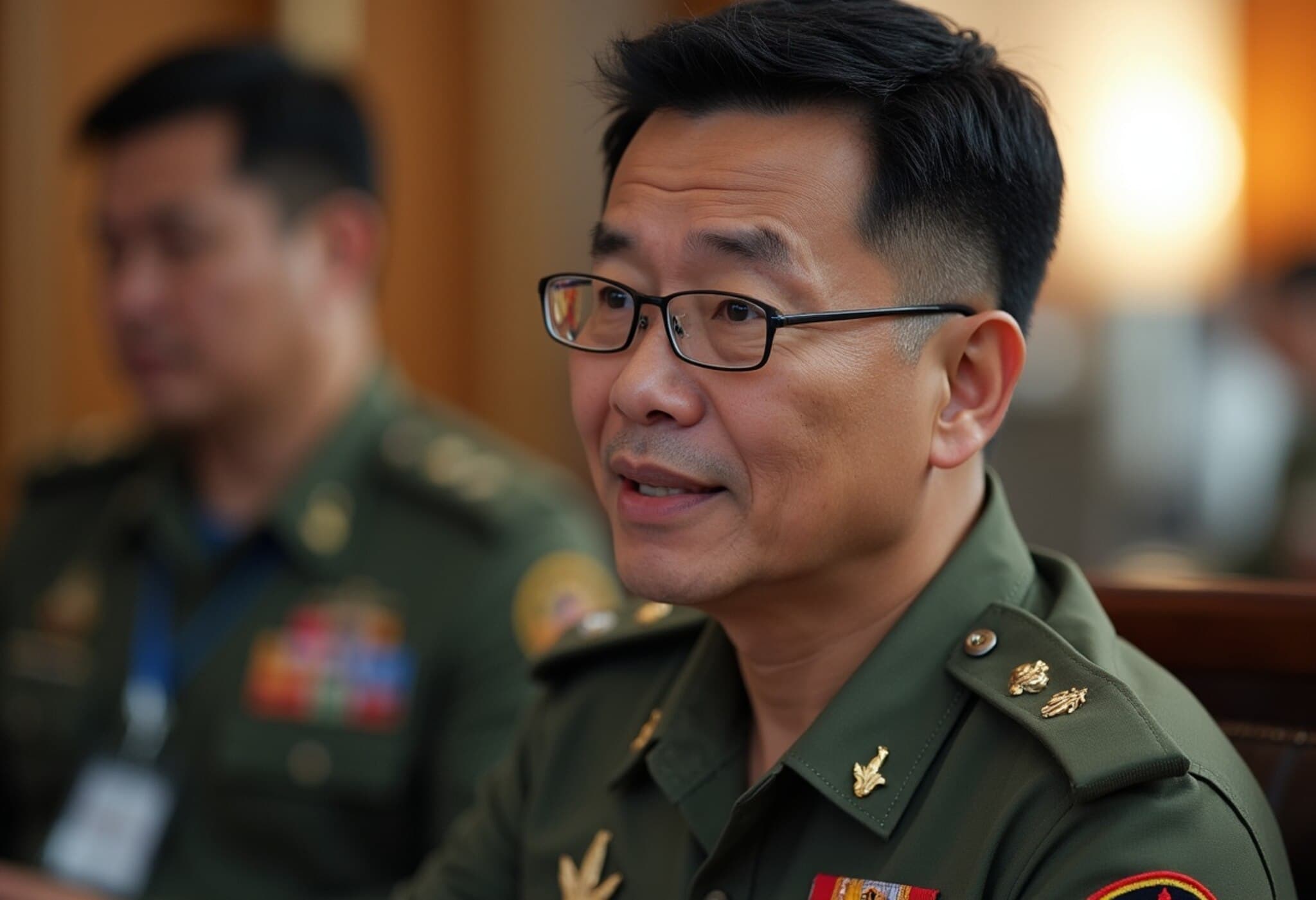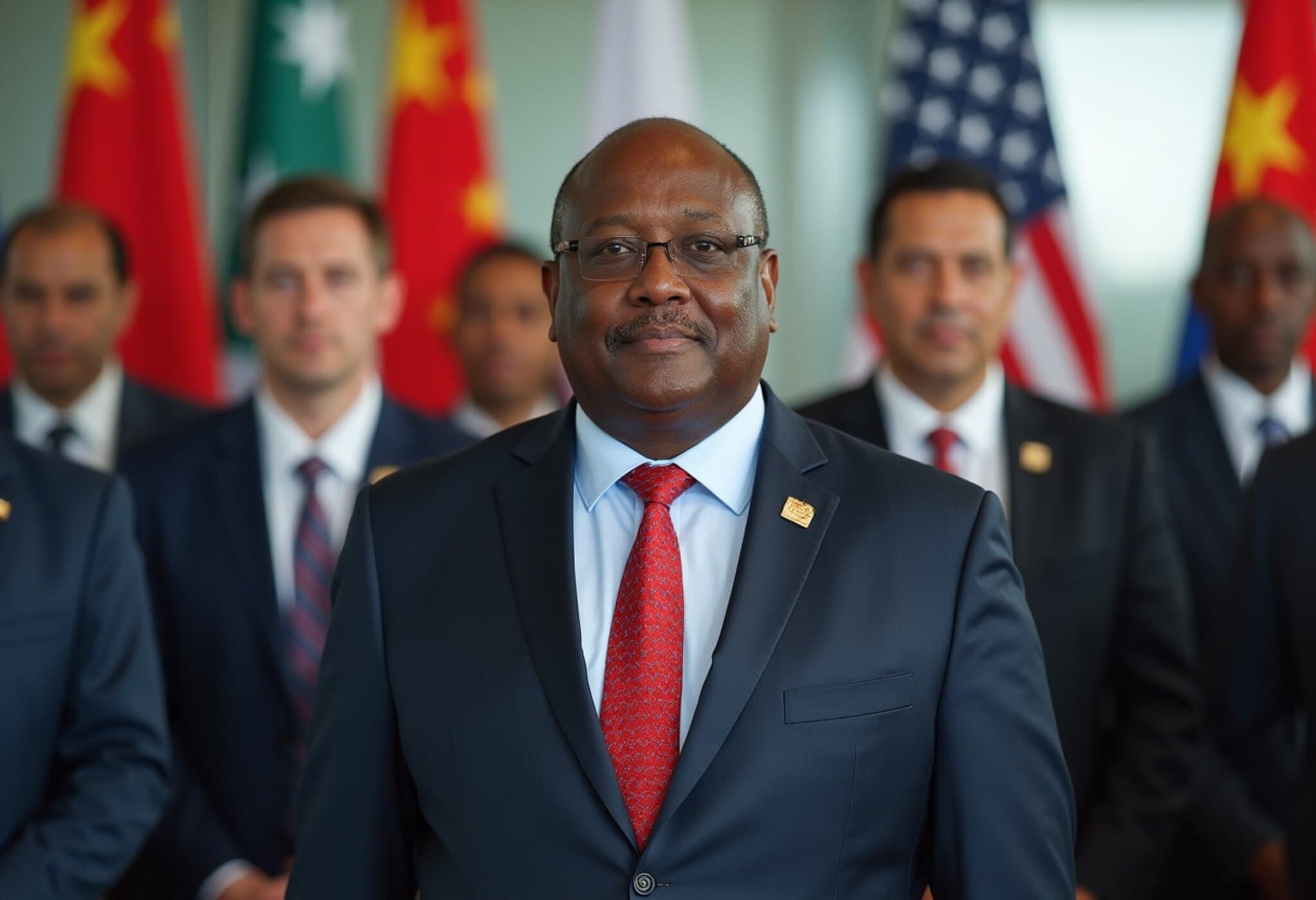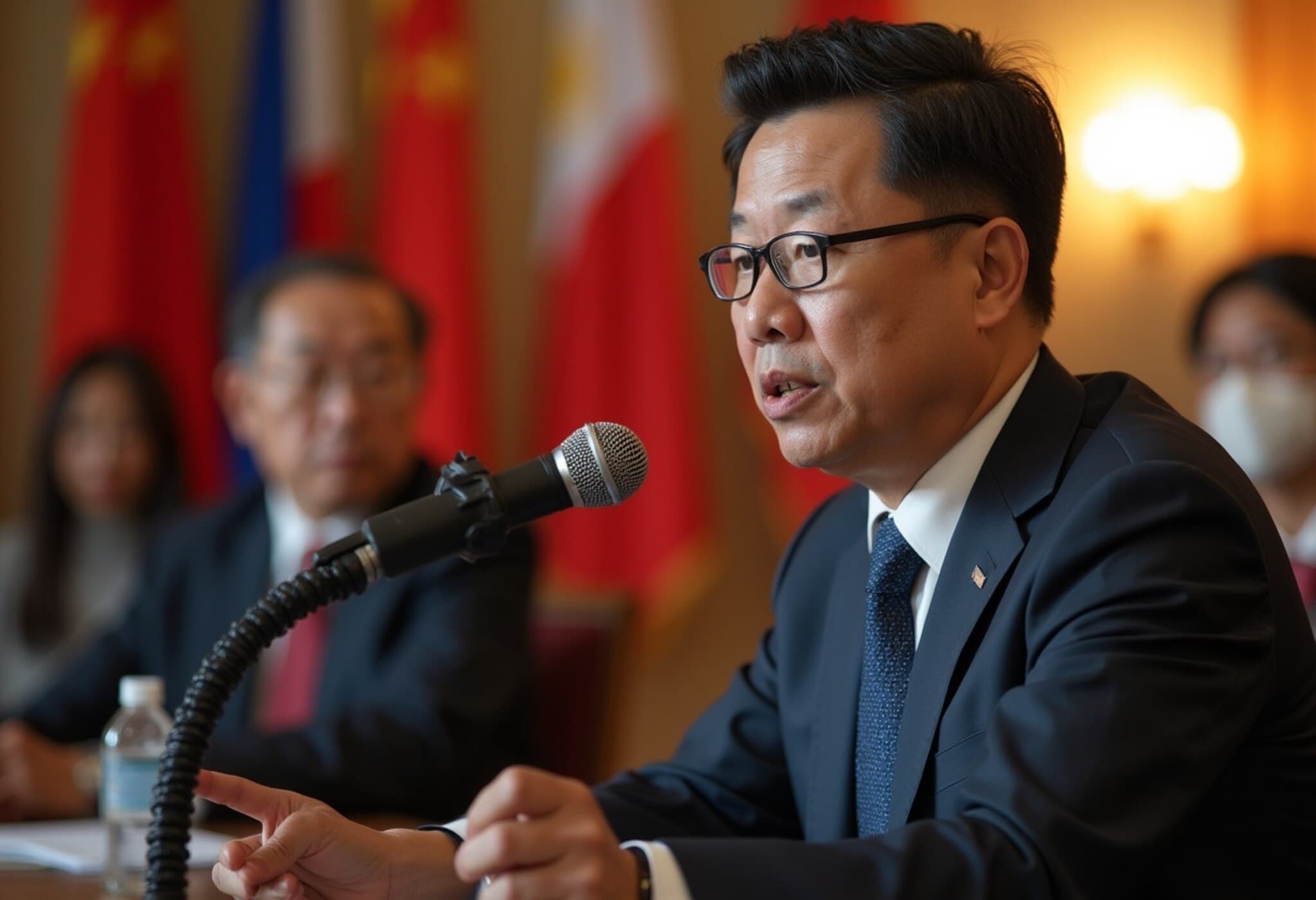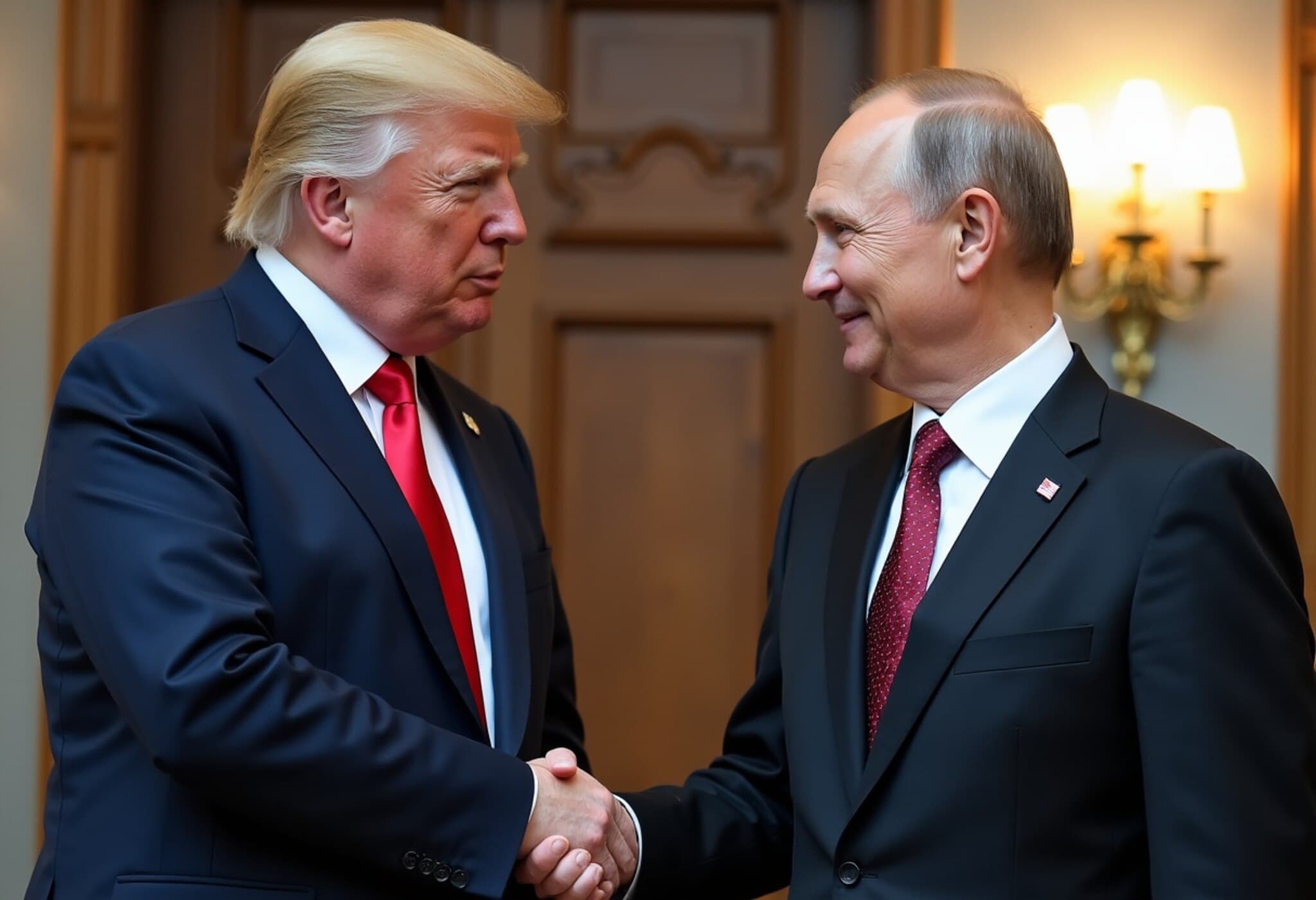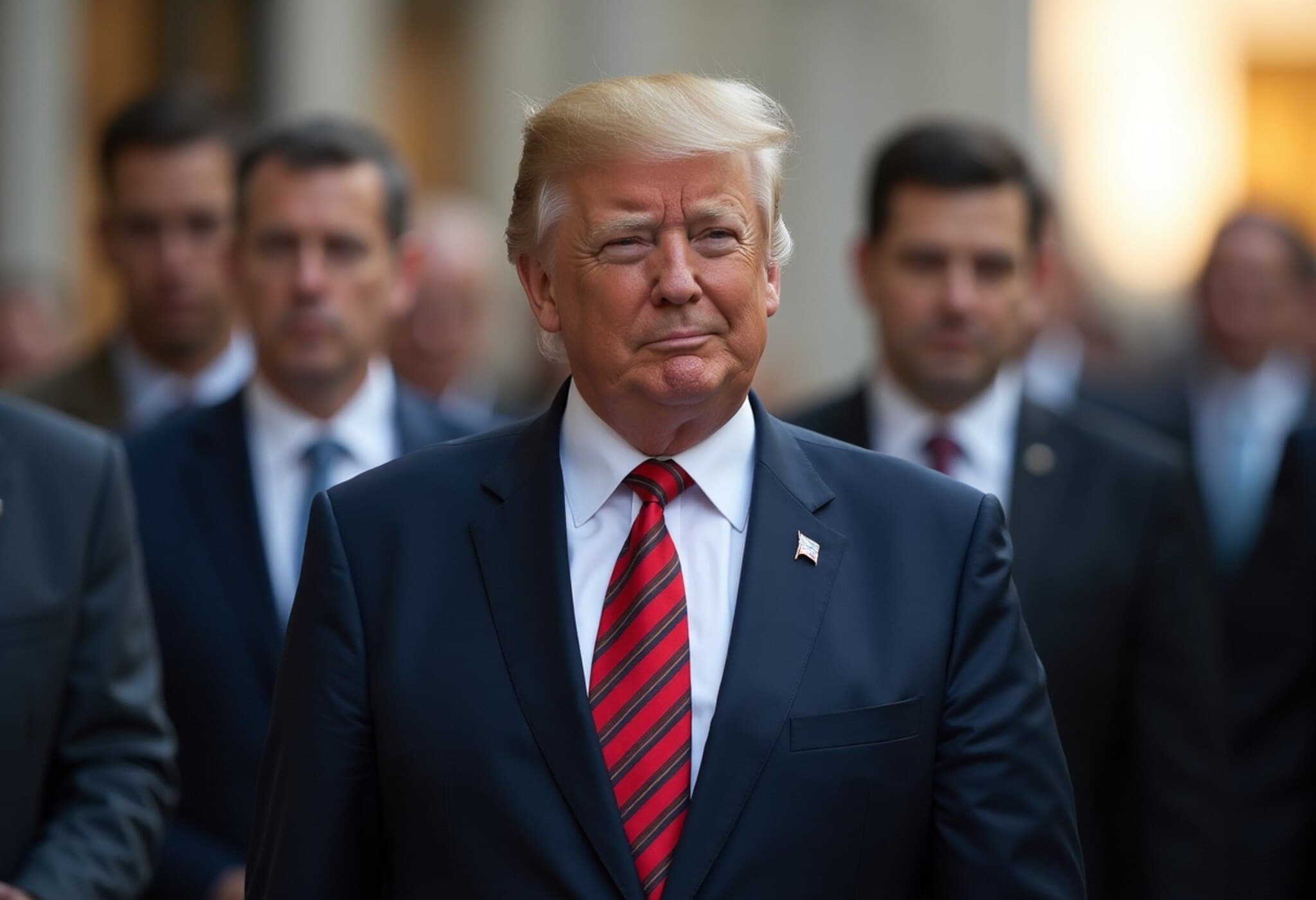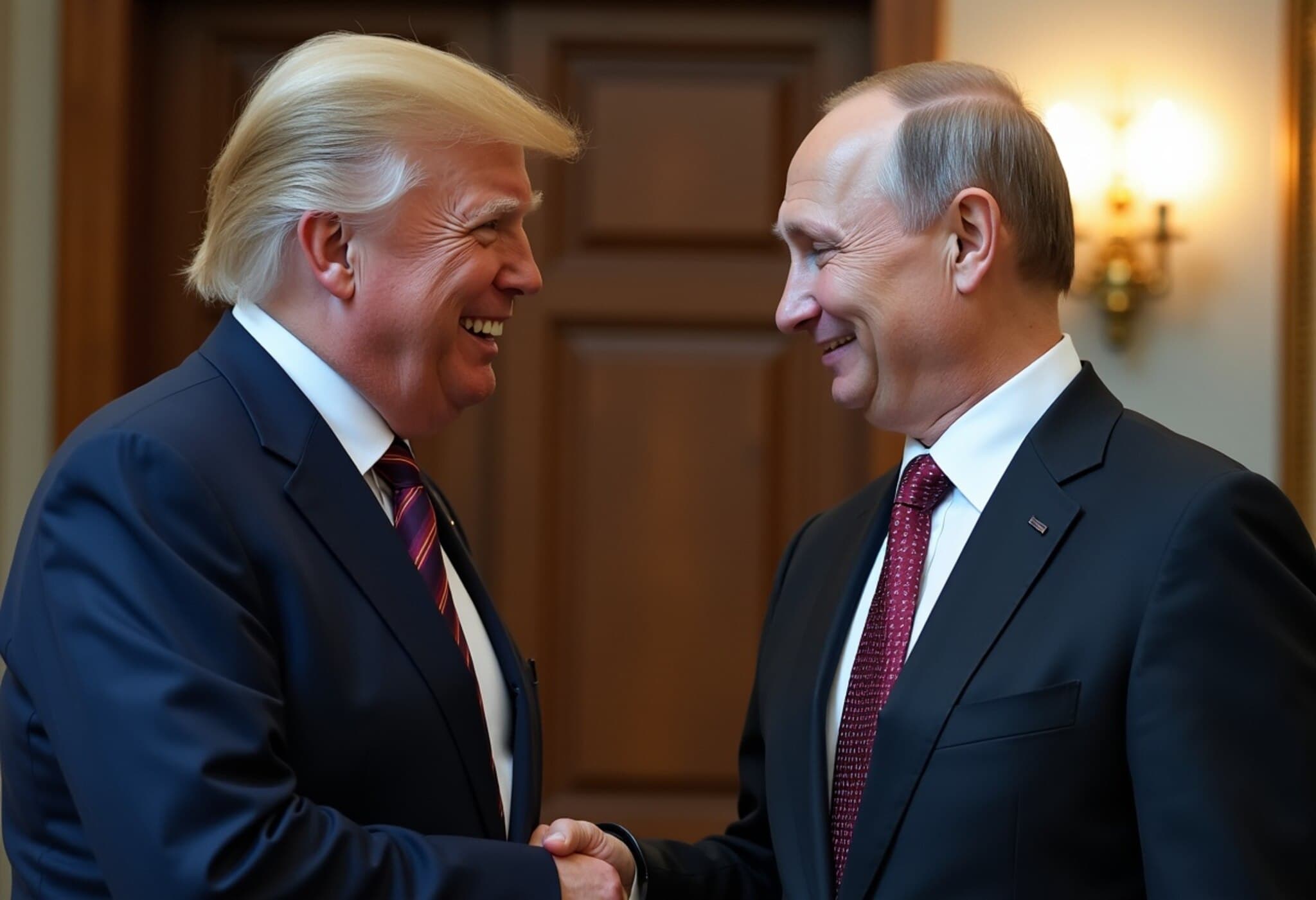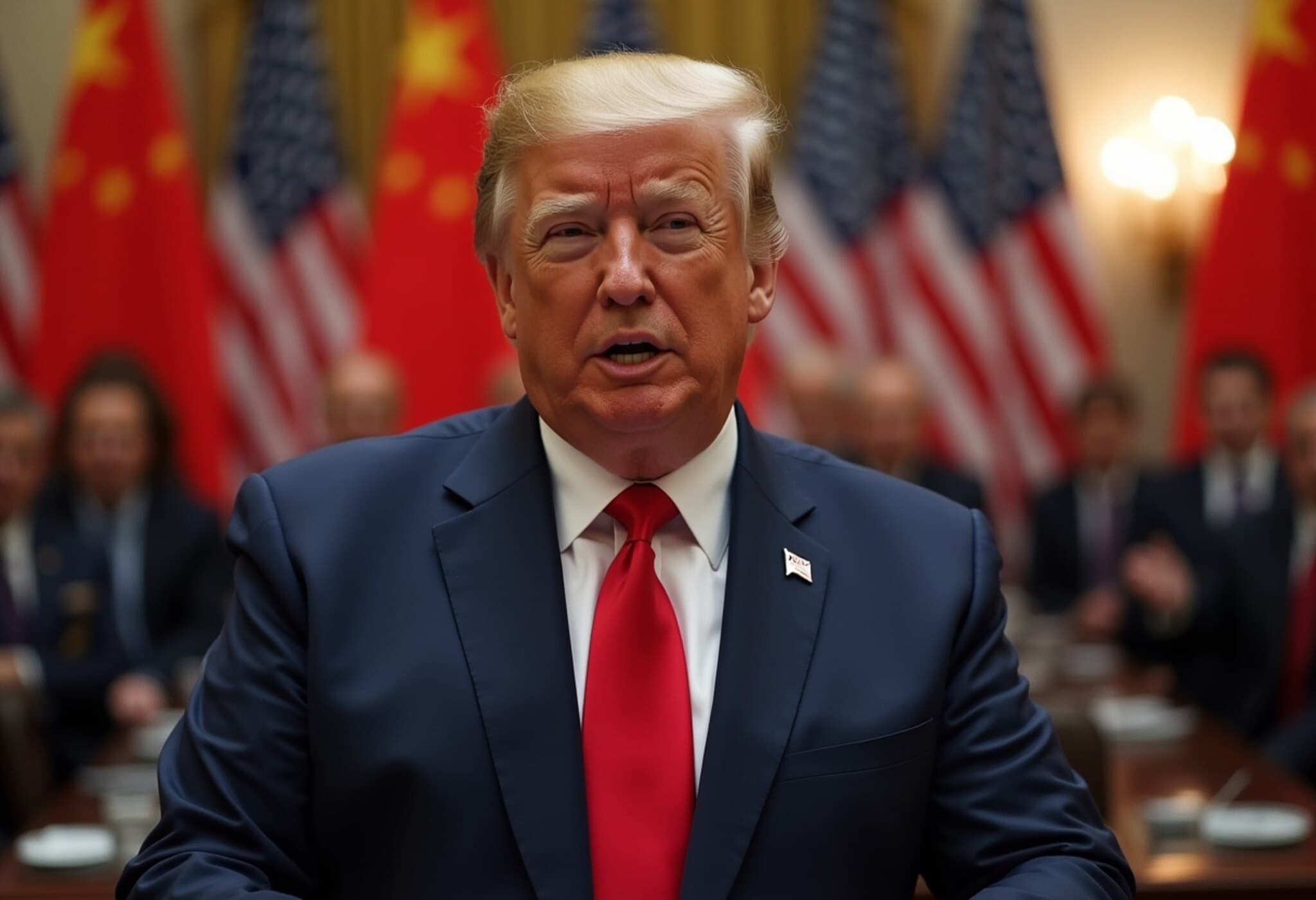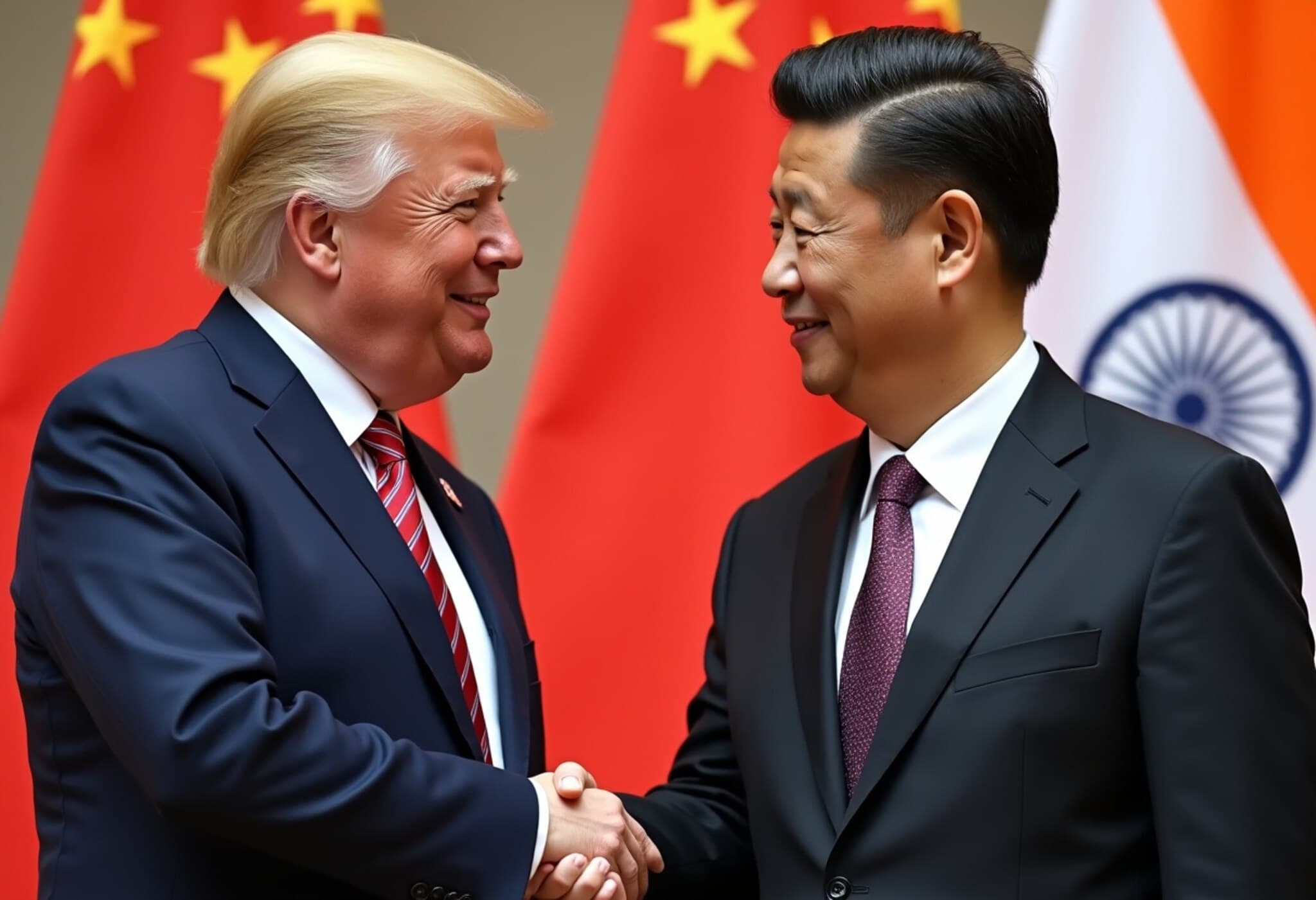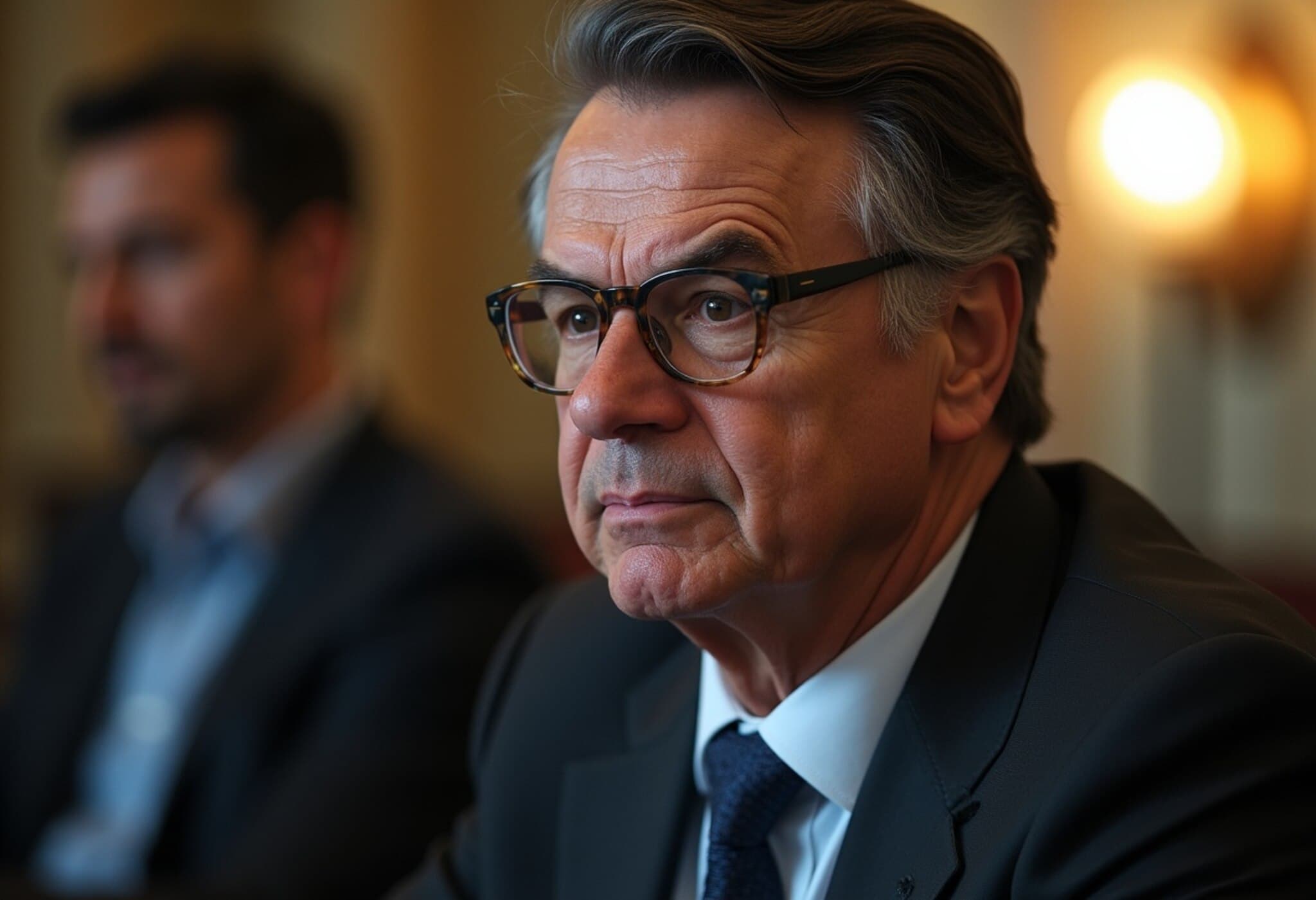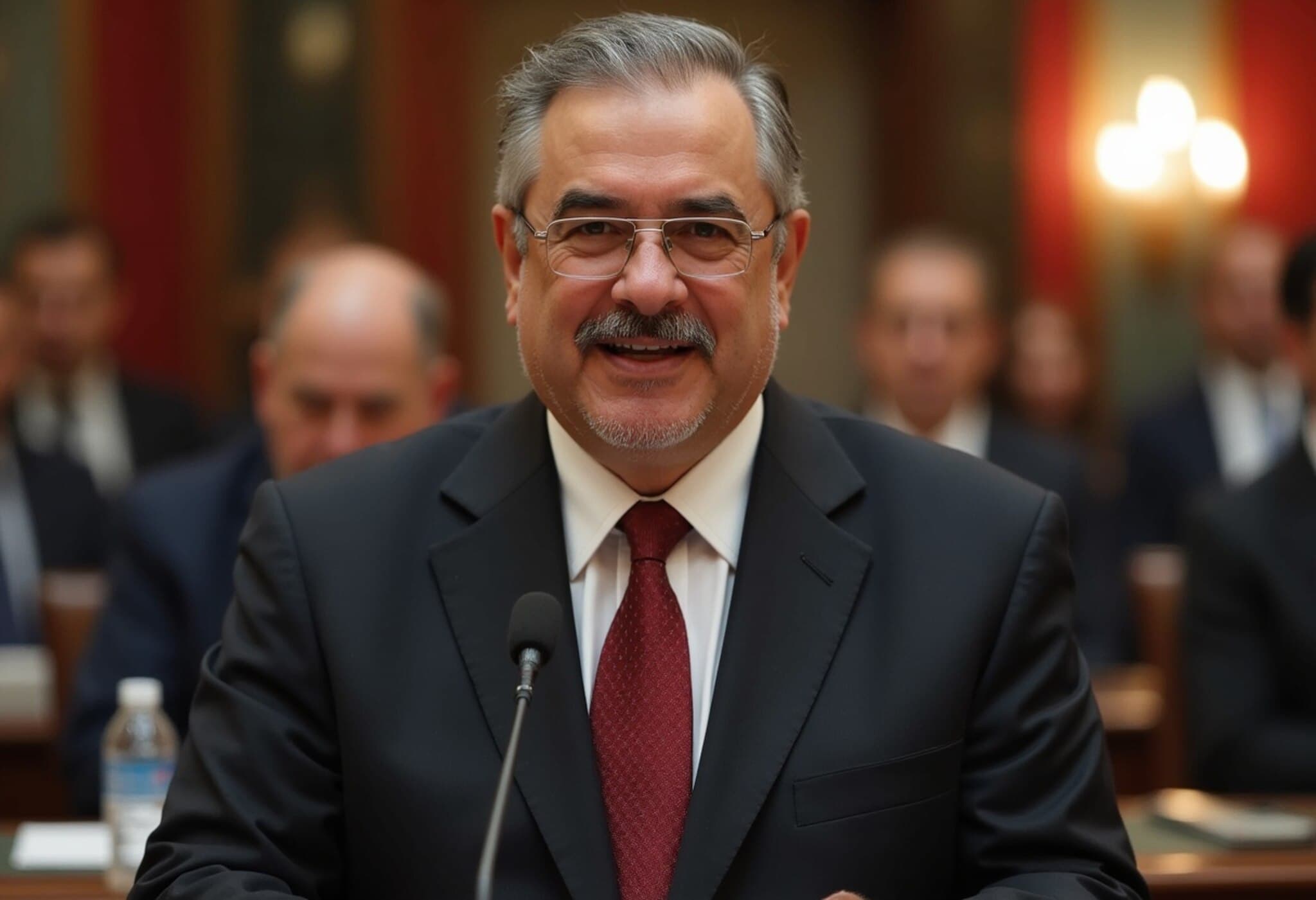Trump Expresses Concern Over Turmoil in South Korea Ahead of Summit
In an unexpected and somewhat contentious prelude to a high-profile meeting, former US President Donald Trump voiced serious concerns about recent political developments in South Korea. Writing on his social media platform Truth Social, Trump questioned the stability of the country, suggesting it was undergoing a "purge or revolution." The remarks, made just hours before Trump’s anticipated summit with South Korean President Lee Jae Myung at the White House, have stirred unease among policymakers and analysts on both sides of the Pacific.
Trump’s Cryptic Warning Sparks Diplomatic Curiosity
Trump’s statement read: “WHAT IS GOING ON IN SOUTH KOREA? Seems like a Purge or Revolution. We can’t have that and do business there. I am seeing the new President today at the White House. Thank you for your attention to this matter!!!” While he did not specify the incidents prompting his alarm, the remarks appeared to reference the political upheaval following the impeachment and removal of former conservative President Yoon Suk Yeol, a development that has significantly reshaped South Korea’s political landscape.
Contextualizing Political Upheaval and Regional Stability
South Korea has been navigating a turbulent period marked by deep social unrest and sharp political divisions. President Yoon Suk Yeol's tenure ended abruptly following his decision to impose martial law amid widespread anti-government protests, a move that polarized public opinion and intensified scrutiny of governance in Seoul. His successor, President Lee Jae Myung, a progressive and former labor lawyer, took office in June, promising both reform and continuity.
- Despite his left-leaning roots, Lee has maintained a firm stance on national security, preserving ongoing joint military drills with the United States and enhancing trilateral defense cooperation with Japan.
- Under Lee's administration, South Korea has proposed a cautious and phased approach to dismantling North Korea’s nuclear program, starting with a freeze and moving toward gradual disarmament—a strategy seeking alignment and support from Washington.
Heightened Military Tensions Compound Diplomatic Challenges
The geopolitical atmosphere on the Korean Peninsula remains fraught. Just days before the summit, North Korea escalated military provocations by test-firing two new air defense missiles. Simultaneously, South Korean forces responded with warning shots after North Korean soldiers temporarily crossed the heavily fortified border. This recent volatility underscores the delicate balance President Lee must maintain as he engages with the Biden administration’s legacy and with Trump, whose approach remains unorthodox.
Expert Perspectives: What Trump's Tone Could Mean for U.S.-South Korea Relations
Experts speculate that Trump’s unpredictability and cryptic comments might reflect a strategic maneuver ahead of diplomatic engagements. Victor Cha, a renowned Korea expert at the Center for Strategic and International Studies, remarked that Trump’s disappointing summit with Russian President Vladimir Putin—where progress on Ukraine stalled—could be motivating him to seek a more impactful breakthrough with South Korea.
"After an unsuccessful Alaska summit, Trump is likely eager for a tangible diplomatic win," Cha explained. "Securing progress with South Korea would bolster his international standing and reaffirm U.S. alliances in East Asia."
However, intelligence reports complicate the picture. They highlight growing military cooperation between North Korea and Russia, including rumored arms supplies and possibly troop support in Ukraine. For North Korean leader Kim Jong Un, this alliance reduces the incentive to re-engage in denuclearization talks with Seoul or Washington.
Trade and Investment: A Foothold for Collaboration Despite Turbulence
Despite political upheaval and tension, the U.S. and South Korea recently reached a significant trade agreement, laying a foundation for economic collaboration. Key points include:
- Tariffs on Korean exports to the U.S. set at 15%, down from a previous rate of 25%, encouraging bilateral trade flows.
- A pledge by Korea to invest $350 billion in the United States, with a notable $150 billion earmarked for the "Make American Shipbuilding Great Again (MASGA)" initiative, a joint shipbuilding cooperation project.
This economic partnership could serve as an anchor amid political uncertainty, fostering interdependence that might stabilize broader diplomatic ties.
Looking Ahead: The Stakes of the White House Summit
The summit between Trump and President Lee represents a critical moment for U.S.-South Korea relations. Beyond ceremonial diplomacy, it offers an opportunity to recalibrate strategies amidst regional volatility and evolving alliances. Yet, Trump’s sudden alarm raises important questions:
- Will his commentary reflect deeper insights or risk impairing trust before talks begin?
- How will Lee navigate domestic pressures while maintaining strong cooperation with U.S. partners?
- Can the summit deliver concrete steps toward denuclearization and regional stability?
As these questions loom, the international community watches closely, aware that the dynamics in Seoul have ramifications stretching far beyond the Korean Peninsula.
Editor’s Note
This unfolding narrative highlights the intricate dance of diplomacy, domestic politics, and security challenges shaping East Asia today. Trump’s unusually direct social media message underscores how communication styles can influence international perceptions and negotiations. For observers and policymakers alike, it serves as a reminder of the delicate interplay between political rhetoric and geopolitical realities. The upcoming summit will be a critical barometer of whether unpredictability can be channeled into constructive dialogue or if it exacerbates existing tensions.

